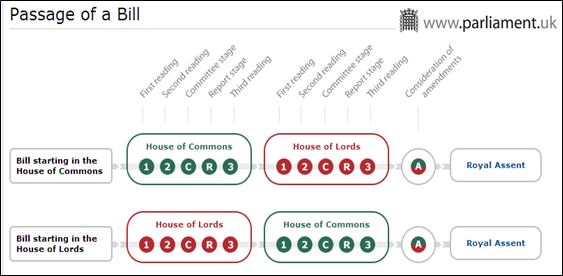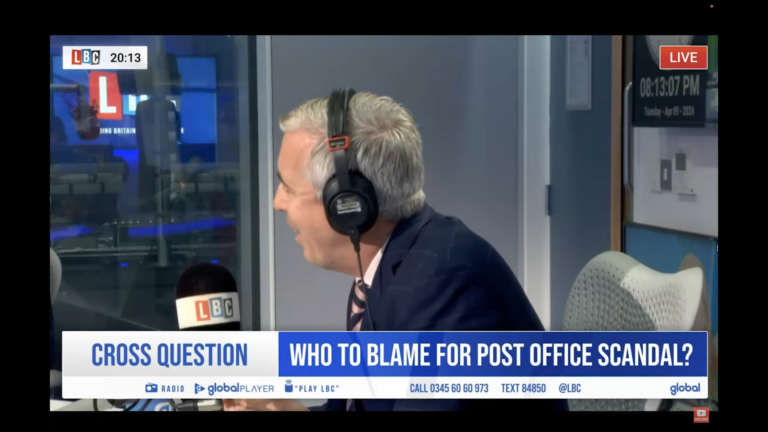Today (18th July), it is being debated and the Assisted Dying Bill is receiving its second reading in the House of Lords. It is extraordinary in British politics that such a big issue is getting its first significant hearing in the Lords, and not the Commons. This is because The Bill has been introduced by a peer, Lord Falconer, formerly a Labour cabinet minister under Tony Blair.
What is assisted dying?
Assisted dying would help those terminally ill or otherwise trapped in a physical state, they feel is unbearable, to be able to choose how and when they die, through the assistance of doctors. Two independent doctors would be required to agree that the patient had made an informed decision to die. Falconer’s draft legislation, would allow doctors to prescribe a lethal dose to terminally ill patients judged to have less than six months to live.
The debate…
The debate commenced at 10 am and has been a particularly fascinating one. More than 100 peers are taking part in the debate.
Those opposed to the Bill argue that legalising assisted dying could put vulnerable disabled elderly people under pressure to end their lives. The Church of England is firmly opposed to assisted dying, with one notable exception being the former Archbishop of Canterbury Lord Carey, who recently changed his mind and is now in favour after considering cases like that of Tony Nicklinson and “the reality of needless suffering”. Lord Tebbit – a British conservative politician – said it would create “too much of a financial incentive for the taking of life”. Parts of the medical profession, some disability rights groups and religious leaders, among others, argue that the law should not be changed because it is there to protect the vulnerable in society.
However, there are quite a few backers. This morning, during the debate, Baroness Greengross, a crossbencher, told the Lords that she has worked with older people for 40 years, and spent a period as an equalities and human rights commissioner. Her argument was that everyone else has the right to end their life when they choose. Why should this right be denied purely to those who have become too infirm to administer the act themselves?
Lord Falconer said a “limited” change was needed to the law to give the terminally ill choice on their deaths. He insisted that the “final decision must always be made by the patient”, with safeguards to prevent “abuse”. Prime Minister David Cameron has said he is not “convinced” by the arguments for legalising assisted dying but the bill has won the backing of Lib Dem Care Minister Norman Lamb.
Currently, both euthanasia and assisted suicide are illegal under English law. The Suicide Act 1961 makes it an offence to encourage or assist a suicide or a suicide attempt in England and Wales. Anyone doing so could face up to 14 years in prison. The law is almost identical in Northern Ireland.
The situation abroad however is very different. Assisted dying is legalised and regulated in the US states of Oregon and Washington. Belgium and the Netherlands have introduced legislation to allow voluntary euthanasia. Switzerland has allowed assisted suicide since 1942. Lethal drugs may be prescribed but the recipient must play an active part in administering them. More than 1,000 people have died at Dignitas since it was set up in 1998.
What do the British public think?
A ComRes poll for ITV this week found that 70% of Britons would support allowing assisted dying under the measures being proposed, with 10% disagreeing. But some 47% said they believed legalising assisted suicide would ‘‘inevitably’’ lead to some vulnerable people opting to end their lives to avoid becoming a burden on their loved ones.
What happens next?
There won’t be a vote at the end of this debate. The arguments about the details, and the chances to amend the legislation, will come after the summer break. If the Bill proceeds through all the legislative stages in the House of Lords it will then arrive in the House of Commons for debate and will be voted on. You can view the timeline of the typical legislative process here. Peers and MPs will be allowed a free vote on the issue.

There are signs that challengers of the legislation will not push the matter to a vote, allowing it to be waved through for debate at committee stage.
In the face of it all, and the fact that the majority of the British public support assisted dying, it is vital that Peers use this opportunity today to create a system that will allow choice and protect vulnerable people, rather than turn a blind eye. It will be interesting to see how this hugely significant and emotional debate concludes.




